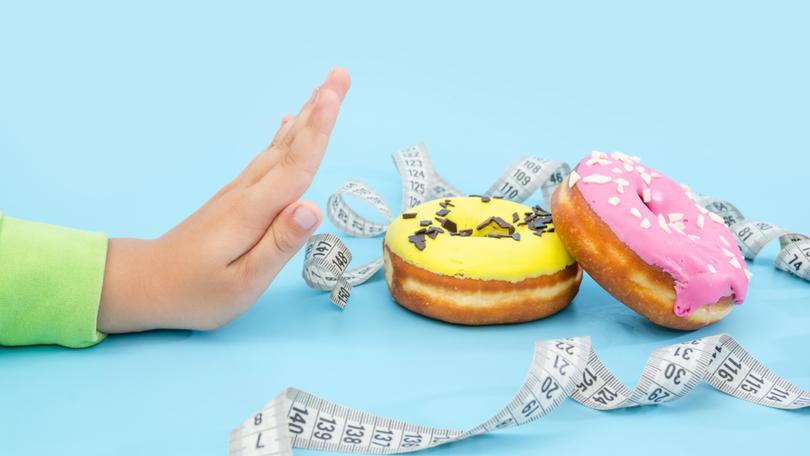SARAH DI LORENZO: Outsmarting insulin resistance, a nutritionist’s guide to feeling energised again

Many of you would have heard of the term insulin resistance or know someone who is insulin resistant — it’s more common than you’d think.
It does play a big role in feeling tired all the time, weight gain, but also developing type 2 diabetes, heart disease and polycystic ovarian syndrome (PCOS). It is a condition that, with diet and lifestyle changes, can be reversed.
I have done this in my clinic many times, and it is wonderful to watch people reverse the condition, start feeling energised and get to a healthy weight.
Sign up to The Nightly's newsletters.
Get the first look at the digital newspaper, curated daily stories and breaking headlines delivered to your inbox.
By continuing you agree to our Terms and Privacy Policy.Insulin is a hormone produced by our pancreas, and the main role of insulin is to move glucose or blood sugar from our bloodstream into our body’s cells, where it is used for energy or can also be stored.
Foods that break down to glucose are mainly carbohydrates such as bread, pasta, fruit, rice and vegetables.
So when insulin resistance happens, the cells stop responding to insulin the way they should — they resist the glucose that has been transported to the cell by insulin.
Glucose builds up in the blood, causing higher blood sugar levels. The pancreas then starts to work overtime, releasing more insulin to resolve what is going on, and over time, this also can lead to chronically high insulin and the development of type 2 diabetes.
Many people would not be aware that they had insulin resistance, as they may overlook symptoms they are experiencing. Some of the common and more obvious symptoms are constant fatigue, cravings for sugar or carbohydrates, really struggling to lose weight (which I feel is a big one) and brain fog or an inability to concentrate.
Other symptoms are high triglycerides or blood pressure, not feeling full after meals, feeling hungry all the time and more obvious on the skin, dark patches or skin tags.
There is a long list of causes for insulin resistance, depending on the individual. They include, and this would be first and foremost, a really poor diet rich in processed foods, refined carbohydrates, soft drinks, junk food and sugary foods.
Other symptoms can include poor sleep, chronic stress, excess body fat — particularly around the abdomen — lack of physical activity, genetics, family history or hormonal imbalances such as PCOS.
Insulin resistance does not have to last forever.
I have treated so many people who eventually reversed it, but as a patient, you need to be consistent and compliant — it’s well worth it.
To reverse insulin resistance naturally, you do need to overhaul your diet. You need to include foods that are high in fibre, such as whole grains, beans and leafy greens.
Protein needs to feature at every meal and good fats daily, including olive oil, avocado and nuts — the perfect snack. You need to avoid all processed, refined junk foods and keep your carbohydrate portions small. I suggest only having carbohydrates at breakfast and or lunch, never at dinner.
Start exercising regularly, this is really important.
Find what you like, consider buddying up, and make sure it is a combination of both strength training and aerobic activity. Every week, you should aim for three sessions of resistance training and six 30-minute sessions of aerobic exercise, which can include brisk walking.
Getting to a healthy weight and maintaining it is essential. Once you lose around 10 per cent of your starting body weight, you will see an improvement in insulin function, and as a clinician, it is wonderful to see this happen with my patients; they start to feel so much better and function better.
Make sure you are getting good quality sleep. Poor sleep increases cortisol and insulin resistance, so aim for around eight hours a night. This can be hard in the beginning, but with some effort, good sleep hygiene, good bedding, a window open and even some magnesium, sleep quality can improve.
Get on top of any stress, which raises cortisol, which increases blood sugar. Find some stress-beating techniques that work for you.
Try and change your meal times, never skip breakfast and make your last meal around 5pm.
If you do feel you could have insulin resistance, then visit your doctor and get tests that include fasting insulin, fasting glucose or HbA1c.
